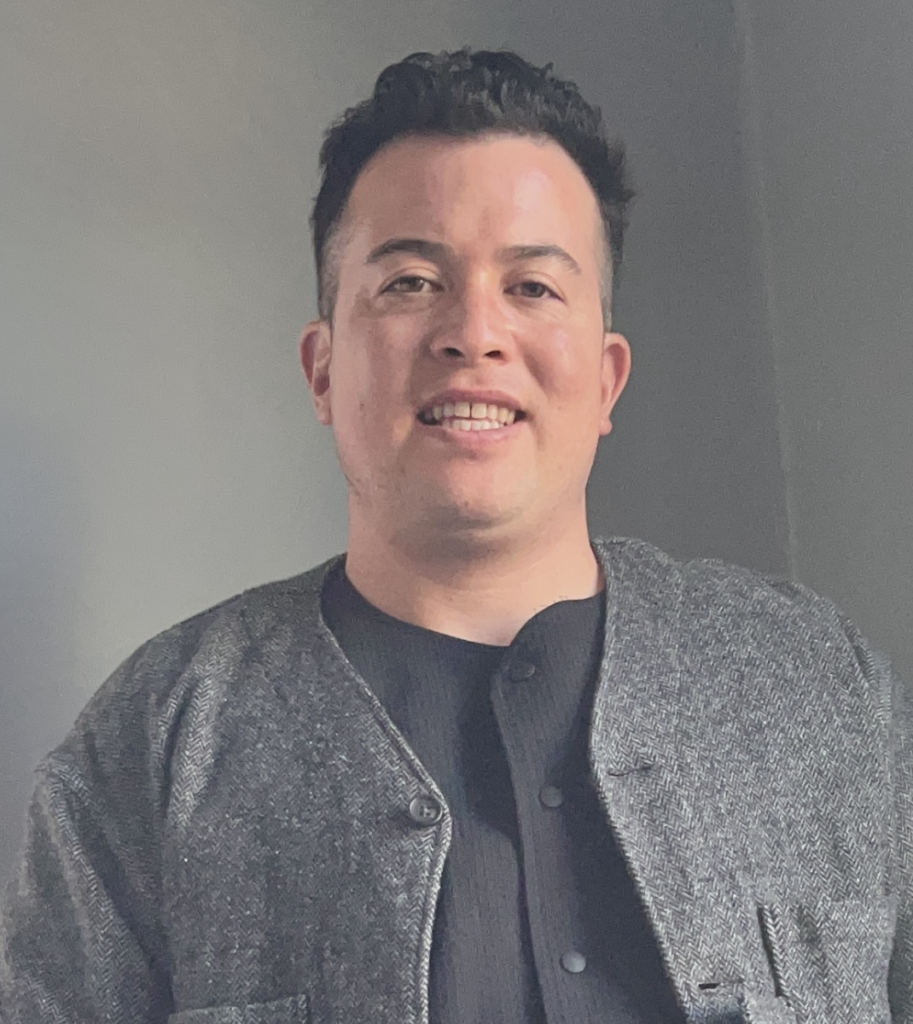The Ethnicity, Race and Multilingualism Committee (ERM) is committed to supporting and promoting the work of scholars from diverse backgrounds. This year, the ERM awarded four doctoral student or early career scholars of color the ERM Travel Award.
Read more about one of our award winners below.
Andrew del Calvo is a third-year Ph.D student in Teaching, Learning, and Teacher Education at the University of Pennsylvania’s Graduate School of Education and a National Board Certified Social Studies Teacher. Taking an interdisciplinary approach that draws from history education, literacy studies, sociolinguistics, and critical social justice studies in education, Andrew’s work seeks to create a bridge between historical thinking and students’ lived experiences and identities, through curriculum design and teacher education.
Andrew’s current projects include developing dialogic reading and writing interventions for history specific writing conferences, designing professional development to support teachers in enacting culturally sustaining pedagogies around historical writing instruction, and designing and enacting a model for teacher education that centers high school student voices.
Previously, Andrew was a ninth and tenth grade social studies teacher and department chair at Harvest Collegiate High School, a public high school in Lower Manhattan. Prior to this he taught history, civics and economics in the Bronx. He has also served as an adjunct lecturer at The City College of New York, and led professional development in the New York metro area and nationally.
The two projects that I presented at LRA speak to the ways that my work challenges normative discourses around writing instruction in social studies classrooms, and teacher education. In my in-process practitioner research study, my co-researcher and I explore the ways in which “language policing” – when the pre-service teachers (PSTs) that we work with understand their job to be upholding normative racialized language practices – infiltrates how they conceptualize and teach writing to students. While many PSTs want to attend to race, identity, and power in their teaching, they often struggle to see the ways that what Baker-Bell calls, “white language supremacy,” functions in their student teaching placements. Drawing from Patel’s work around “pausing,” we had teachers critically reflect on the theories of language that guided the instructional choices they made around the teaching of writing, finding that this form of anticolonial reflection can destabilize PSTs’ internalized ideologies connected to language policing, and promote more critical awareness of language.
My work with another collaborator illustrates how high school students can give feedback to PSTs’ on their facilitation of social studies discussions. Using critical discourse analysis, we explore the qualities and social languages in their feedback, surfacing the ways in which it is qualitatively different from feedback PSTs would traditionally receive from teacher educators, instructional coaches, or classroom mentors. In short, a large part of my work centers on bringing a critical perspective on language to both social studies education and teacher education, to highlight the power of student voice.


